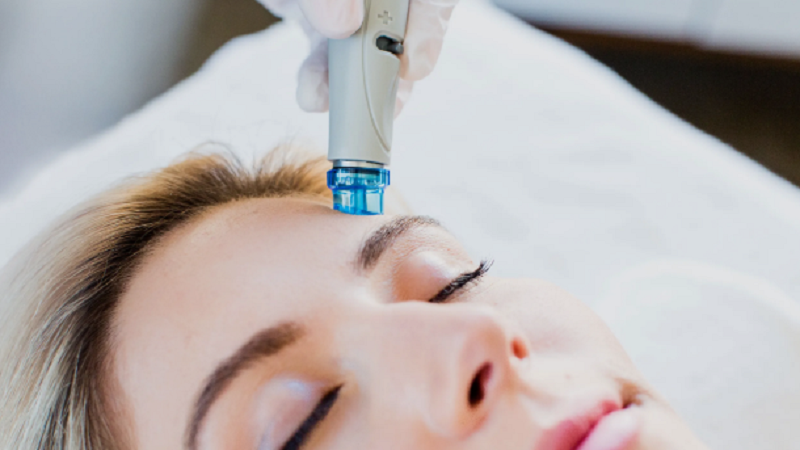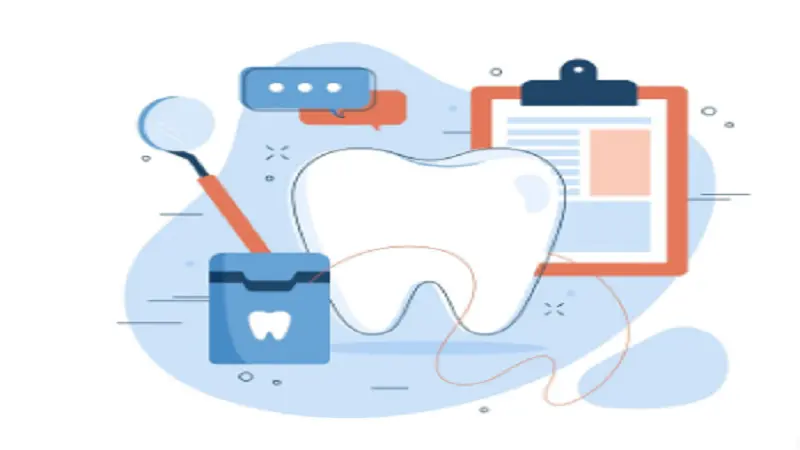It’s never too early to start teaching your child about good dental hygiene. Brushing twice a day and flossing are fundamental practices. Consistency is vital, and making these activities a part of your child’s daily routine will instill habits that last a lifetime. Early childhood caries (ECC) remains the most common chronic disease among children aged 6 to 19 years. This highlights the importance of starting dental care early, even before the first tooth appears. A visit to a childrens dentist Dallas TX, can provide personalized advice on caring for your child’s teeth and gums from an early age, helping prevent dental issues from developing.
Common Dental Issues in Children
Children can face various dental issues, such as tooth decay, cavities, and gingivitis. Poor dental hygiene, sugary diets, and inadequate fluoride exposure often cause these problems. Tooth decay and cavities result from the buildup of plaque—a sticky film of bacteria—that thrives on sugars and starches from foods and drinks. Some provide valuable resources for preventing these common problems through regular check-ups and dental care routines. It is recommended that children brush their teeth for two minutes twice a day with fluoride toothpaste and floss daily to remove plaque between teeth that a toothbrush can’t reach. Regular dental check-ups, ideally every six months, can catch early signs of decay or gum diseases before they become significant.
Making Dental Visits a Positive Experience
Visits to the dentist can be daunting for children. However, preparing them for what to expect and choosing a child-friendly dental office can make a huge difference. Creating a positive experience during their early visits can influence their attitudes toward dental care for years. Role-playing a dental visit at home, where you take turns being the dentist and the patient, can help your child understand what will happen and reduce fear of the unknown. Reading them stories or watching videos about dental visits can also demystify the experience. Praise and positive reinforcement during and after the visit can encourage your child to view dental appointments as an essential and non-threatening part of their routine. A positive initial experience can prevent dental anxiety, ensuring they continue to prioritize dental health into adulthood.
The Role of Diet and Nutrition
A balanced diet can significantly impact your child’s dental health. Limiting sugary snacks and encouraging foods rich in calcium and vitamin D can help maintain strong teeth and bones. Foods like cheese, yogurt, leafy greens, and almonds are excellent sources of calcium. Vitamin D in fatty fish and fortified milk helps the body absorb calcium. Fruits and vegetables that stimulate saliva flow, such as apples, carrots, and celery, are also beneficial because saliva naturally helps wash away food particles and neutralize harmful acids. According to a study, maintaining a nutrient-rich diet enhances overall health, directly affecting dental well-being. Encouraging your child to drink plenty of water throughout the day supports oral health by rinsing away food particles and boosting saliva production.
The Importance of Fluoride and Sealants
Fluoride helps to strengthen tooth enamel and prevent decay by making teeth more resistant to acid attacks from plaque, bacteria, and sugars in the mouth. Fluoride can be found in toothpaste, certain mouth rinses, and some community water supplies. Dental sealants are another preventive measure; these are thin protective coatings applied to the chewing surfaces of back teeth where cavities are most likely to form. The sealants act as barriers, protecting the enamel from plaque and acids. These preventive measures can benefit children who are still mastering good brushing techniques. Regular professional applications of fluoride and using sealants during your child’s dental appointments provide long-term protection against dental caries. Combining sealants, fluoride treatments, good home care, and regular dental visits creates a robust defense against tooth decay.
Parental Involvement and Education
Parents play a crucial role in developing and maintaining their children’s dental health. Monitoring brushing and flossing routines and setting a good example by demonstrating your dental care practices can encourage your child to follow suit. Early in life, educating children on the importance of dental health can instill lifelong habits that contribute to overall health and well-being. Participating in educational workshops or reading resources through organizations can equip parents with the knowledge to support their child’s oral health journey. Being actively involved in your child’s dental care, from selecting the right toothbrush to making dental visits a fun and rewarding experience, helps build a foundation of good oral health practices that last a lifetime.




